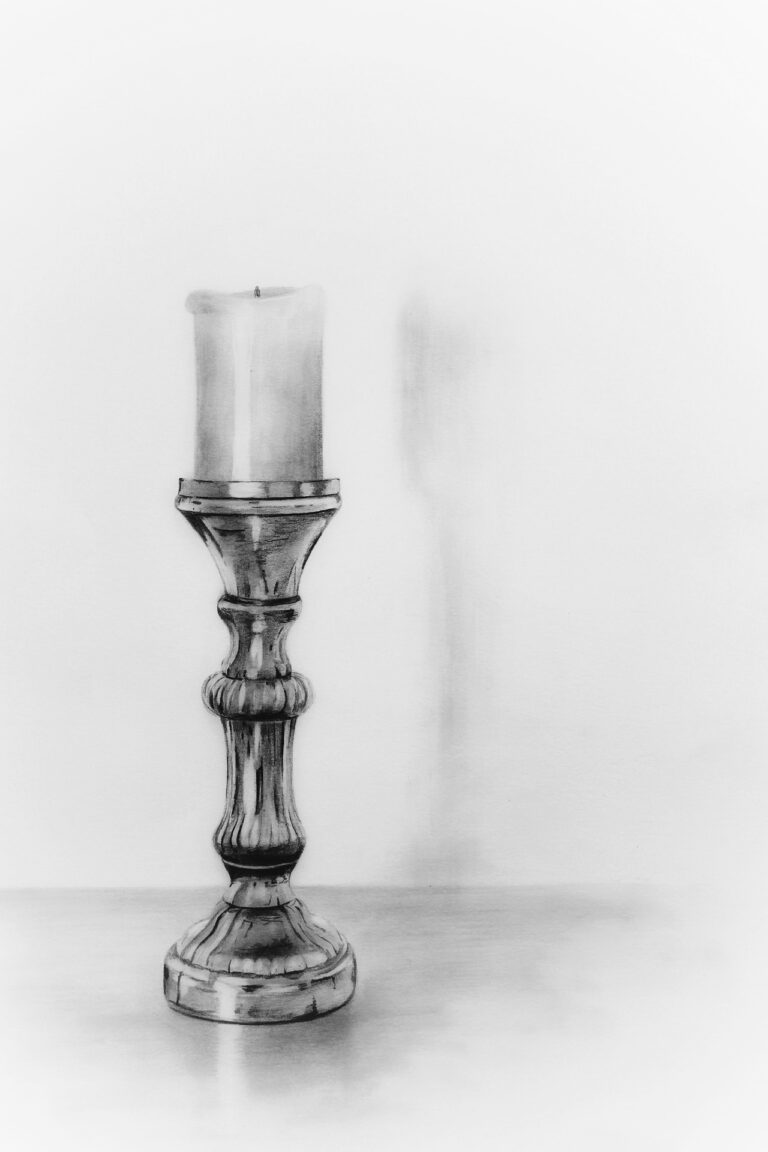Les Miserables by Victor Hugo: A Mirror of Grace
Jenni Clark Dickens
October 12, 2021

“While he was crying, day dawned brighter and brighter in his spirit, and it was an extraordinary light, a light at once ravishing and terrible….He looked at his life and it looked horrible to him; at his soul, and it looked revolting. And yet, a new day was dawning and its soft light was settling over his life and over his soul.”
Victor Hugo, Les Miserables
A dear college friend first introduced me to the story of Les Miserables. She owned a copy of the soundtrack from the Andrew Lloyd Webber musical based on the book. She often played the CD in her dorm room, a stunning Broadway adaptation full of haunting melodies that replayed in my mind again and again. The music drew me in before I understood the story, which my friend summarized as a heartbreaking tragedy. The tale paints a grim picture of the poverty-stricken masses of France in the nineteenth century. Hopelessness and despair plague the characters. But as often happens in good literature, another level of meaning hides just below the surface.
I spent the summer after my sophomore year of college in New York City and was delighted to attend a Broadway showing of Les Mis. The story mesmerized me, a tale I knew vaguely but had never fully understood. Tears welled in my eyes as the plot slowly revealed a story of hope and the life-changing nature of grace.

The central character is Jean Valjean, a recently freed convict who has served as a galley slave for nineteen years. Hardened by nearly two decades of grueling work and harsh treatment, Valjean finds no one willing to sell him food or rent him a place to sleep. He seeks shelter at the humble dwelling of a priest, Monseigneur Myriel, who welcomes Valjean into his home. Valjean awakens in the night, steals some silver cutlery belonging to the priest, and flees. Caught by the police soon afterward, he is dragged back to Myriel’s home.
The priest, instead of condemning Valjean, shows him mercy, telling the police that he gave the silver to Valjean as a gift. He then gives Valjean a pair of silver candlesticks as well. Shocked and overwhelmed by this act of grace, Valjean’s soul is touched, and his life is transformed. The author explains, “One thing was certain, and he himself did not doubt it: that he was no longer the same man, that already everything about him had changed, and it was no longer in his power to act as though the bishop had not spoken to him, had not touched him to the quick.”
Valjean dedicates himself to serving God and other people in gratitude for the unexpected grace shown to him. The story is epic, rich with sympathetic characters who tug at the reader’s heart, drawing us in with a wistful hope for good to ultimately prevail.
My heart resonates deeply with Valjean’s experience because it is my experience also. If I’m honest with myself, I can see the selfishness and bitterness in my own heart and I feel a need for grace and forgiveness. This need draws me to the healing nature of the Christian faith.
People today hold many differing views of Christianity. Some people have been deeply hurt by Christians and may have a mistaken understanding of God’s nature. Many people assume that we must change our behavior to experience forgiveness, performing good deeds to earn favor with God. But deep down, I know that I could never be good enough to earn God’s love or mercy. Believe me, I’ve tried! And failed — over and over again. That’s why I’m intensely grateful for God’s gift of grace to me.
Just as the priest showed grace to Valjean despite his bitterness and continued crime, I believe that God has shown grace to us. In an act of love, he took on human form and lived a perfect life, taking the punishment for all our wrongdoing by dying for us and rising from death to bring us new life. He has given us the opportunity to try to live rightly not to earn his favor, but in gratitude for the grace he has already shown us. That grace can pierce our hearts, overwhelm our defenses, and instill in us a deep love for him.
As Bryan Chapell notes in his book, Unlimited Grace, “No motivation is stronger than love.” This love born of grace motivates us, like Valjean, to do what is right and good. Chapell continues, “God transforms us from the inside out graciously giving us hearts that are willing and able to live for him. He does not love us because of what we do. We do what he loves because we love the One who loves us despite our doing. Because he will never forsake us, even when we fail him, we never want to fail him (Romans 5:10, Hebrews 13:5).” This truth is reflected beautifully in Valjean’s story, and it has taken root in my heart and slowly begun to change me as well.

There is so much more to the story of Les Miserables, and I encourage you to read it or watch a film or stage version. The book is over 600,000 words and is written in a meandering, overly descriptive style. It’s hard to wade through, but I’m glad I read it. The depth of the characters and the poignancy of Valjean’s spiritual transformation are expressed masterfully. But if you find it too wordy, pick up an annotated copy or watch a film based on the book. I recommend the 2012 movie based on the Broadway musical and the 2018 miniseries produced by BBC Studios and aired on PBS Masterpiece. If you’re interested in learning more about a grace-based relationship with God, I suggest reading Bryan Chapell’s book mentioned above, Unlimited Grace.
If you’re anything like me, your hope can easily falter. Stories like Les Miserables can strike a chord in our hearts and renew the promise within us. Let’s take time to meditate today on the beauty of God’s grace to us, allowing it to seep into our hearts and change us as it changed Jean Valjean. We just might find ourselves loving God and the people around us more authentically and sacrificially.
If you enjoyed this post, join me on my blog regularly as we continue to strengthen our hearts with stories of light and truth.
Some truly superb information, Glad I found this.
petsscarf – https://www.petsscarf.com
Thank you!
Dear Jenni,
I found your heartwarming blog when I read my Charlotte Writers Club newsletter. Congratulations on your story in the “Chicken Soup for the Soul -The Blessings of Christmas” (I love the Chicken Soup for the Soul books). I also became interested in “Les Mis” by first hearing the soundtrack and years later I watched the movie. Being reminded of the gift of grace that is renewed each day for us inspires me. Thank you and God bless.
Thank you, Kathleen! Your comment was timely; I needed to be reminded this morning that God’s grace is renewed each day. So thankful for that truth! God bless you too.
What a fabulous, sophisticated look!
adultbackpack | https://www.adultbackpack.com
Thank you! Credit to my son for helping me design the site. 🙂
I loved this post and will look forward to reading others. It’s always a thrill to find hidden layers in books that teach us so much about ourselves.
So true, Leigh! Thank you.
Les Miserables is one of my favorite books. Thank you for a beautifully written post.
Thank you, Sylvia! I always enjoy meeting someone else who loves this story.
Your message is touching and beautifully written. I didn’t remember the storyline of Les Miserables and I’m grateful your shared it. The connection you make to us n reference to forgiveness, redemption, and grace is so profound. Thank you for this inspiring message.
Katherine, thank you. I love it when the Lord reminds us of His message of redemption in unexpected ways!
Beautifully written Jenni, we are still so much alike! I will try to find a copy of the movie! Looking forward to your future blogs!!
Thanks, Heather! I hope you enjoy the movie! Hugh Jackman plays Jean Valjean. 🙂
Wonderful blog – I love what you are doing with the mirrored comparisons in literature. This story, Les Miserable is one that never gets old. It has been popular for years and I think it’s because of its message of grace. Well done!!
Thank you, I agree!
Excited that I found your blog! Congratulations on being published!
Thanks, Shadie!
Your post is beautifully written. I can hear you reading it to me. So proud of you Jenni! Job well done!
Aww, thanks Ms Sharon!
Excited that I found your blog! Looking forward to your posts!
Thanks, Beth!